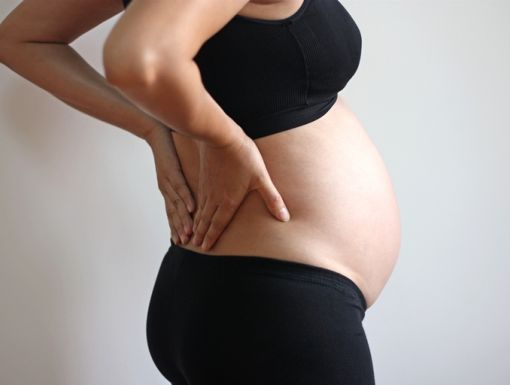
Why Adults Might Need the Whooping Cough Vaccine Again
Pertussis, commonly known as whooping cough, is a severe disease, especially for newborns. Whooping cough causes extreme coughing spells that can cause difficulty breathing, vomiting and disturbed sleep. It can also lead to weight loss, incontinence and rib fractures in infants. Up to two in every 100 adolescents with whooping cough are hospitalized or have complications, which could include pneumonia or death.
Typically, between five and 15 babies die from whooping cough each year in the United States, and more than a third of all whooping cough hospitalizations and two-thirds of all whooping cough deaths are in babies younger than two months. Before the whooping cough vaccination, an estimated 8,000 people died each year in the United States from the virus. Today, that number is less than 20 people per year. However, about seven in every ten deaths from whooping cough are among babies younger than two months old and too young to get whooping cough shots.
Because most deaths occur in children who are too young to be protected by getting their own whooping cough vaccines, the American College of Obstetricians and Gynecologists, the American College of Nurse-Midwives, the American Academy of Pediatrics and the American Academy of Family Physicians all support the recommendation of vaccinating against pertussis while pregnant.
Helping Kids Be Their Healthiest Selves. Find an Ochsner pediatrician near you.
Given to pregnant women, the Tdap vaccination can protect newborn babies against whooping cough. The CDC recommends women get the Tdap vaccination during each pregnancy at 27 through 36 weeks, preferably in the earlier part of that period, to provide critical short-term protection to babies when they are most at risk for this life-threatening illness. This timing leads to the most transfer of protective antibodies from mothers to their babies.
The CDC reports that receiving the Tdap vaccination during the third trimester of pregnancy prevented more than three out of four (78%) cases of whooping cough in babies younger than two months. In addition to being 78% effective at preventing whooping cough, the Tdap vaccination during the third trimester was 90% effective at preventing serious cases of whooping cough that require hospitalization.
The amount of whooping cough antibodies in your body decreases over time. That is why CDC recommends you get a Tdap vaccine during each pregnancy, even if your pregnancies are only a year or two apart. Doing so allows each of your babies to get the greatest number of protective antibodies and best protection possible.
In addition to pregnant people, the CDC also states all adults who have never received one should get a shot of Tdap. This can be given at any time, regardless of when they last got tetanus. This should be followed by either a tetanus or Tdap shot every 10 years.
While whooping cough is generally rare, cases still do occur today in the United States. Babies who are younger than two months old are most vulnerable to this disease, which is why health experts are in agreement that vaccination during pregnancy is an effective way to protect infants. Talk to your physician about your options to vaccinate today.
Editors note: This article was originally published on Dec. 5, 2017.



